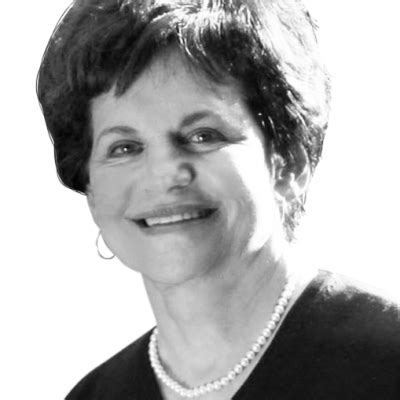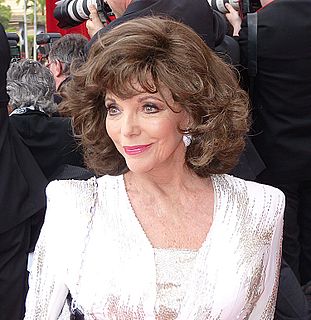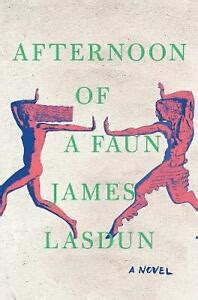A Quote by Maggie Scarf
the country of the aged is a land few people think very hard and seriously about before the time of life when they sense that they're arriving there. Somehow, throughout much of life, being old seems to be something that happens to other people.
Related Quotes
As one grows older, the sense of separateness is slowly reduced. Old people do not live on an ego level. Their concerns are not about their individuality but about the river of life, the family, the community, the nation, people, animals, nature, life. They can die easily if they are assured that life will continue positively, for they feel part of the river again, and soon they will be part of the ocean. When they are very old, they no longer belong to our time and space, but to all time and all space.
People tend to set themselves up in patterns; something happens, it hurts them, then something similar happens, and - it's happened again! It seems much bigger then, and they get worried and go through life looking for that thing, and because they're so concerned and looking for it, when anything that happens resembles that thing, they're sure it's happening again. So sometimes people think things are repeating even when they're not.
Poor people have few choices in life, and most of the time you don't think too much about it. You get the best you can and do without when necessary, and hope to God you won't be wiped out by something you can't control. But there are moments it hurts, where there is something you want in the very marrow of your bones and you know there is no way you can have it.
When my father died, I had millions of people supporting me in a very, very difficult time. I have received so much from this country. I realize that we're defined in life not by what we get from this world but by what we have to offer it, and I know that I have a lot to offer this country, and I'm serious about devoting my life to it.
I don't have an opinion about whether or not politics should appear more in fiction or not, generally. I think politics are a part of life, but a part of life that most people don't think about very much, most of the time. Or, people think about it superficially and they talk about it superficially because they don't know very much.
If there's a feeling you have, other people have it. If there's something weird about your life, other people have lived it. If there's something kooky about your body, other people have that, too. We're not alone. There's some kind of tremendous relief in that and I think it can only be expressed in belly laughter. This tremendous relief that happens the millisecond we realize, it's not just me. That's what good laughter is about. It's about knowing that you're not alone.
When you're young, your perception of what it means to be a writer is often less about the writing and more about what seems to be the accompanying life: speeches and travel and hanging out with other writers. You think that when you get published, your life will clarify itself to you somehow. But when you don't get published until you're middle-aged you know who you are already, and your life expands to make room for your writing, rather than orbiting around it. You realize that there's no one way to be a writer, and that the job is less of an identity and more of a vocation.
America as a setting seems inexhaustibly fascinating to me, and I think there's something about the outsider viewpoint that works for me. Being of Jewish descent in England always carried a vague sense of being foreign, while not being a practicing Jew made it hard to think of myself as fully Jewish either. So living here in a way just clarifies that terminal outsider position - makes it somehow official, which I like.
I take my sport damned seriously. Basketball is my life. There are other people who go into important games as if they were any other game. I'm a brooder and I spend a lot of time thinking about my opponent, about the things he can do and about what I have to do to win. I don't think I'll ever be able to change that.
It seems to me that the novel is very much alive as a form. Without any question, every epoch has its own forms, and the novel nowadays cannot resemble that of the nineteenth century. In this domain all experiments are justified, and it is better to write something new clumsily than to repeat the old brilliantly. In the nineteenth century, novels dealt with the fate of a person or of a family; this was linked to life in that period. In our time the destinies of people are interwoven. Whether man recognizes it or not, his fate is much more linked to that of many other people than it used to be.
I do find that I'm drawn to people in my life, romantically or not, that have something to teach me. I'm drawn to people who I feel like I can learn from. I'm not really drawn to toxic people - I don't find myself discovering that someone in my life is toxic very often. But there is some sense of being changed by each person that I think I'm drawn to.




































